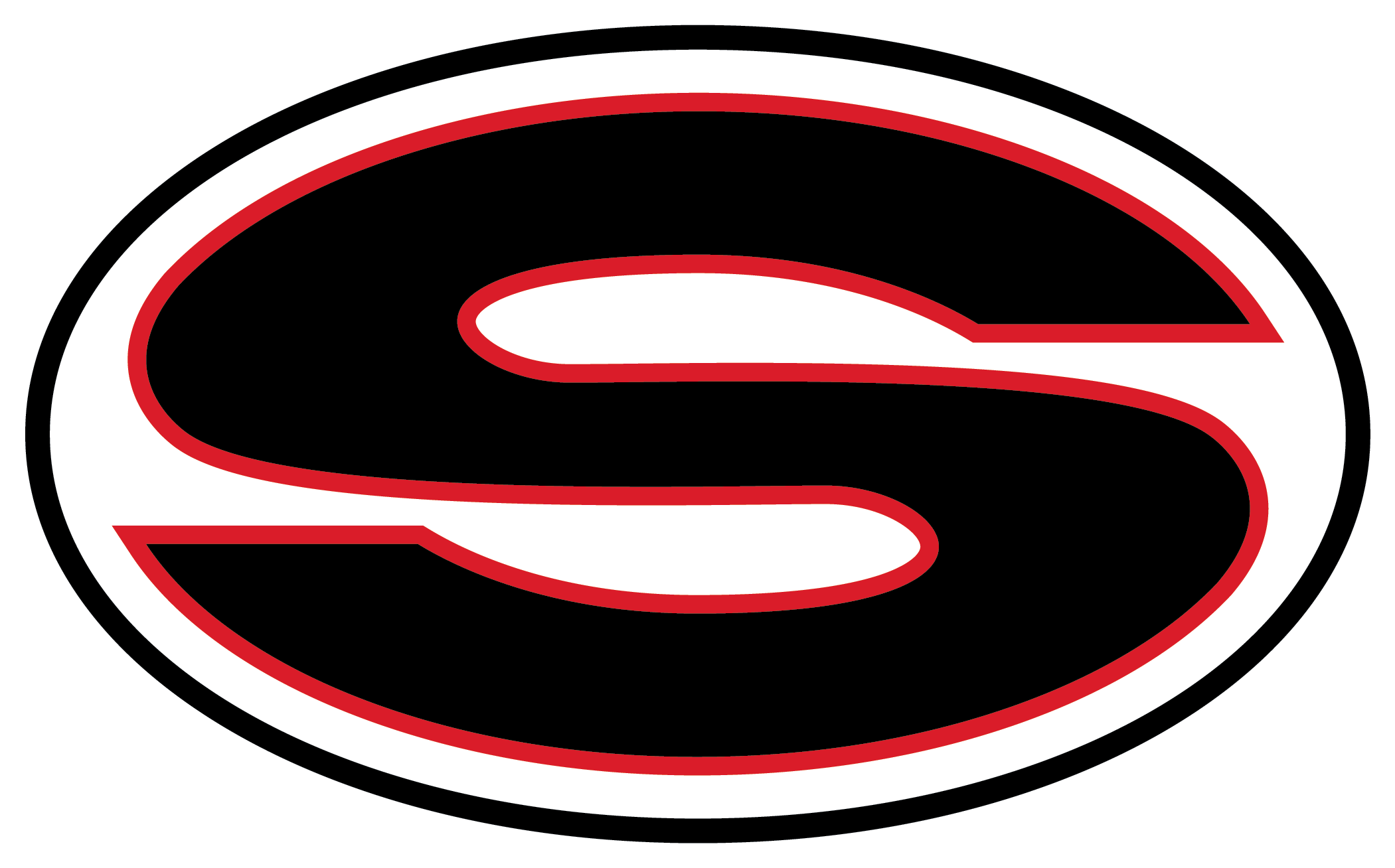Work Based Learning
When & Where Teens Are Allowed To Work
Please check out our SHS WBL social media pages: Sonoraville Work-Based Learning on Facebook and @SonoravilleWBL. Social media pages feature students on the job.
Work Based Learning
What is Work-Based Learning (WBL)?
Work-Based Learning is a program within the Career, Technical and Agricultural Education (CTAE) Department that provides students with the opportunity to learn a variety of skills by expanding the classroom into the community and narrowing the gap between theory and practice through rigorous academic preparation with hands-on career development experiences. Through WBL experiences, students are afforded the opportunity to connect classroom instruction to the world of work and future career opportunities.
Through the WBL Program at Sonoraville High School, we are committed to providing an effective platform that will prepare students for life after high school regardless of where that may lead: the workforce, the military, or post-secondary school.
The mission of the Work-Based Learning Program is to assist in providing a highly trained, technologically sophisticated and career oriented young work force. This is accomplished by developing partnerships between business, industry, students, parents, school systems, coordinators, and post-secondary institutions which will lead the participating student into meaningful careers.
Requirements to Participate in WBL
Parental approval
Successful completion of the WBL application process (available online)
Chosen a CTAE Pathway
Enrollment in or successful completion of at least one CTAE course; ideally from the Pathway of choice
Defined Career Goal
11th or 12th grade (at least 16 years old). In rare instances a 10th grader could be considered
Teacher recommendation
Satisfactory attendance, academic and discipline records
On track for graduation
Reliable transportation to and from work
Proof of auto insurance
Work-Based Learning Categories
Based on occupational goals and CTAE course enrollment, WBL students are placed in one of the following categories:
Youth Apprenticeship (paid or non-paid): Apprenticeships are intended to begin preparing for a career while they are still in high school. Youth Apprenticeship students are provided the opportunity to concurrently earn a high school diploma, a postsecondary credential or diploma, and industry recognized certification in their chosen area of study. Post-secondary education and/or training is required.
Internship (paid or non-paid): Internships can be either a short or long-term placement that is directly related to a student’s pathway and occur after a student has completed the relevant course work.
Cooperative Education (paid): Cooperative Education programs provide paid work experiences aligned with the course(s) in which the student is concurrently enrolled.
Employability Skills Development (paid): Designed for students who desire to experience entry level work and understand the culture of the workplace although their career goal, coursework and placement are not aligned. Employability Skills Development students must be candidates for another category by the end of their WBL enrollment.
WBL Benefits Students, Employers, and the Community!
One of our work-based learning program goals is to benefit students, as well as employers and our community!
HOW DO STUDENTS BENEFIT?
Exposure to various career opportunities
Earn high school credit
Connection between educational and work experiences
Promotion of self-confidence at school and work
Expansion and refinement of their technical skills
Development and practice of positive work-related habits and attitudes such as responsibility, critical thinking, problem-solving and teamwork
HOW DO EMPLOYERS BENEFIT?
Skilled, motivated, and pre-screened employees
Ability to provide students with a better understanding of a career field
Opportunity to influence student development to meet industry requirements
Expanded pool of qualified applicants
Opportunity to provide meaningful contribution and/or partnership with local school/system
Potential to earn Worker’s Compensation Insurance Discounts (GA HB 402)
HOW DOES THE COMMUNITY BENEFIT?
Development of a skilled work force
Enhanced youth employability
Economic growth through an expanded skilled workforce and taxpayer base
Please contact Dr. Andrea Walraven, Work-Based Learning Coordinator, for questions related to the WBL Program at SHS. 706.238.0250, awalraven@gcbe.org.
